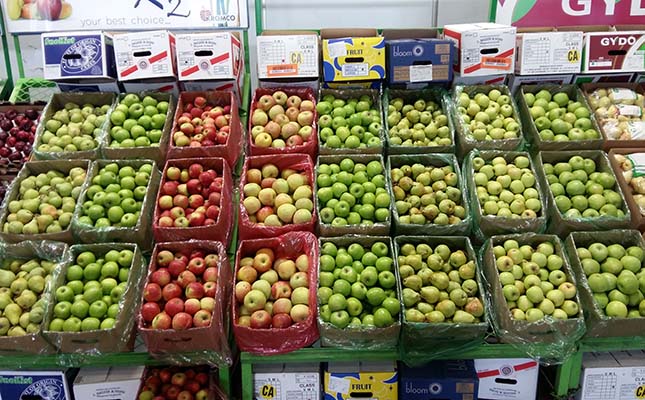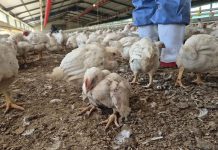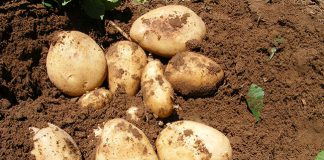
Photo: FW Archive
The Competition Commission (CompCom) will be conducting an inquiry into South Africa’s fresh produce industry to investigate concerns about issues that may prevent, lessen or distort competition on that market.
Sipho Ngwema, head of communications at CompCom, said the inquiry was essential to understand the state of competition within the sector, the market features affecting price outcomes, and the challenges currently faced by producers, specifically small-scale and developing farmers.
The investigation was sparked by a study released late last year, which found that while large fresh produce farms made up only 6,5% of all farms in South Africa, they accounted for 67% of the fresh produce sector’s total income in 2017/18.
The study also found that, across all provinces, the number of farming units in the country had dropped from 58 000 in 1993 to 40 000 in 2017, with KwaZulu-Natal, Mpumalanga and Limpopo experiencing the largest declines.
CompCom was also concerned about the cost of various types of fresh produce, which had increased at levels above inflation over the past few years, as well as complaints of so-called price gouging. Products such as garlic and ginger, among others, were the subject of the vast majority of these complaints.
Ngwema said the inquiry would focus on the efficiency of the value chain, market dynamics, the participation of small and historically disadvantaged growers, and regulatory barriers to entry.
It would not include retailers and consumers, as these had been covered previously by an inquiry into the retail market for these products.
Interested parties had until 25 April to comment on CompCom’s draft terms of reference for the inquiry, after which the comments would be used to inform the rest of the process, which could take up to 18 months.
Once completed, CompCom could use the results to make recommendations for a change in policy or regulations to improve the efficacy of the market, according to Ngwema.
Francois Knowles, registrar of the Agricultural Produce Agents’ Council (APAC), welcomed the investigation.
“APAC will do everything in its power to give context to, and a full understanding of, the critical role of fresh produce agents in the agricultural value chain, and how they are regulated under the Agricultural Produce Agents Act, as the proper functioning of the markets is a high priority for us,” he said.
Knowles said various factors were inhibiting the functioning of the fresh produce market, ranging from badly maintained infrastructure to poor roads. Besides this, many farmers, especially those who lacked economies of scale, were struggling to make ends meet due to rising input costs.










